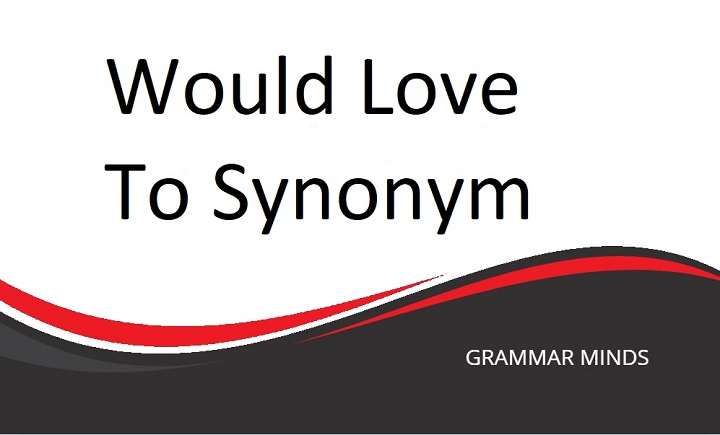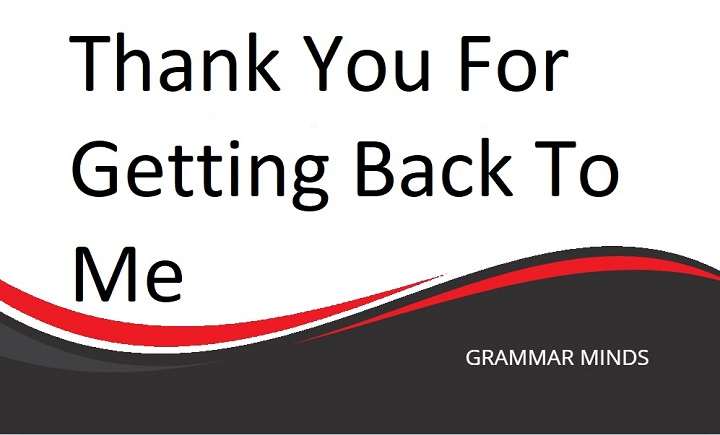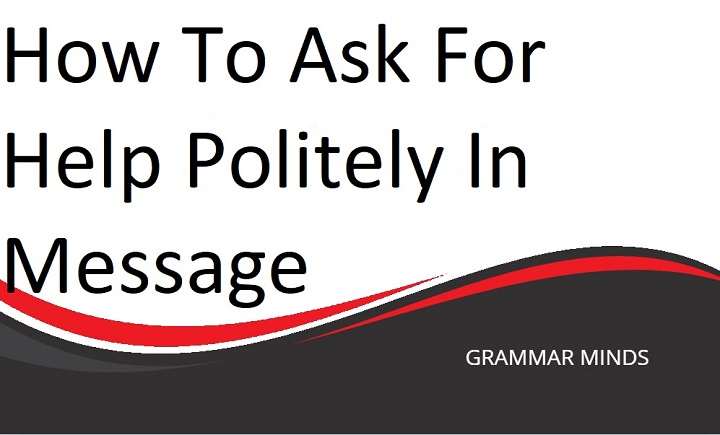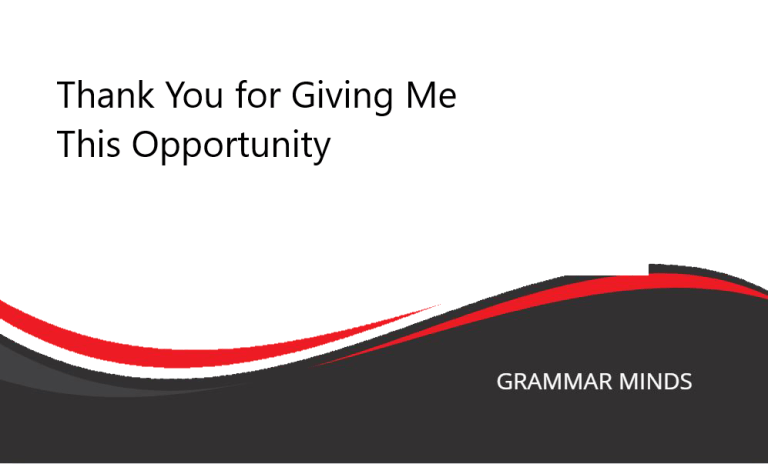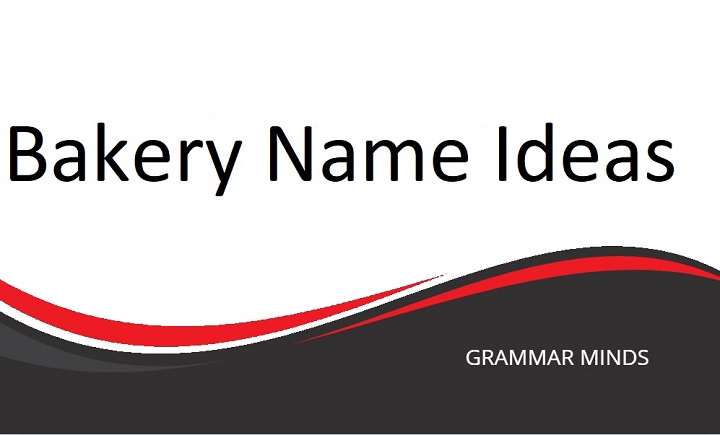We all have phrases we tend to overuse, especially in both casual and professional conversations. One such phrase is “would love to.” While it’s polite and effective, constantly repeating this phrase can make your language sound a bit predictable and even mundane. Do you find yourself using the phrase “would love to” repeatedly in your emails, conversations, or social interactions? Have you grown tired of this repetitive expression when communicating in your professional or personal life?
Don’t worry! We’ve compiled a handy list of alternative phrases that you can use to mix things up and sound more varied in your conversations. These options will not only help you express enthusiasm in a fresh way but will also cater to different contexts, both formal and informal.
Other Ways to Say “Would Love To”
- Eager to
- Keen on
- Happy to
- Delighted to
- Excited about
- Thrilled to
- Looking forward to
- It would be my pleasure
- Can’t wait to
- Glad to
Key Notes
The phrase “would love to” is grammatically correct and suitable for both formal and informal situations. However, it can sometimes feel a bit basic, especially if you are trying to convey more nuanced emotions or enthusiasm. You can use alternatives like “eager to” or “delighted to” to bring more variety and specificity into your communication.
- “Eager to” is a great choice for both formal and informal scenarios, especially in emails or professional conversations.
- “Happy to” serves as a wonderful informal alternative when speaking with friends or family in more casual settings.
Now, let’s explore these synonyms more in-depth, understand their proper usage, and see real-life examples of how you can apply them effectively in your conversations.
Eager to
Usage:
If you’re looking for a more formal and assertive way to say “would love to,” try using “eager to.” This alternative adds a sense of urgency and determination, making it ideal for professional environments such as emails or meetings where enthusiasm is required without being overly casual.
Example (in an email):
Dear [John],
Thank you for reaching out regarding the new project proposal. I am eager to collaborate with your team and help bring this concept to life.
Best regards,
[Your Name]
Keen on
Usage:
“Keen on” is an informal yet professional phrase that works particularly well when expressing your interest in a project, event, or opportunity. It can also be used in casual conversations, making it versatile.
Example (in conversation):
Hey [Lisa],
I’m really keen on attending the workshop next weekend! Let me know if you’re still planning to go.
Happy to
Usage:
A more neutral and informal alternative to “would love to” is “happy to.” This phrase works well in situations where you’re speaking to people you are already familiar with, such as friends, colleagues, or family. It conveys warmth and openness while keeping things casual.
Example (in conversation):
Hi [David],
Thanks for your message. I’m happy to help with the presentation next week. Just send me the details when you can.
Delighted to
Usage:
“Delighted to” is an excellent choice when you want to convey both enthusiasm and formality. This expression adds a touch of elegance, making it perfect for professional emails or high-stakes conversations where you need to make a good impression.
Example (in an email):
Dear [Mr. Smith],
I am delighted to accept your invitation to speak at the upcoming conference. It will be an honor to contribute to such a prestigious event.
Best regards,
[Your Name]
Excited about
Usage:
This phrase expresses strong positive emotions and is ideal for both formal and informal settings. It works particularly well in conversations where you want to convey genuine excitement without sounding too rigid or mechanical.
Example (in conversation):
Hey [Susan],
I’m really excited about the new project we’re starting next month! Let’s grab coffee and brainstorm ideas soon.
Thrilled to
Usage:
“Thrilled to” is a more vibrant alternative to “would love to” and shows a high level of enthusiasm. It’s perfect for both informal situations and professional contexts where you want to inject some energy into your communication.
Example (in conversation):
Hi [Tom],
I’m thrilled to join the team on this new initiative! Can’t wait to get started.
Looking forward to
Usage:
A classic expression that can be used in formal and informal contexts alike, “looking forward to” conveys anticipation and excitement without being overly emotional. It’s a solid, go-to phrase for closing emails or conversations.
Example (in an email):
Dear [Sarah],
I look forward to our meeting next week and discussing the project in more detail.
Best,
[Your Name]
It would be my pleasure
Usage:
This is a more formal and polite way of saying “would love to,” often used in professional settings or when interacting with people in positions of authority. It demonstrates both respect and willingness to engage.
Example (in an email):
Dear [Dr. Johnson],
It would be my pleasure to assist you with your research. Please let me know how I can be of help.
Sincerely,
[Your Name]
Can’t wait to
Usage:
“Can’t wait to” is an informal and energetic alternative that works best in personal conversations or casual professional interactions. It conveys a strong sense of anticipation and excitement.
Example (in conversation):
Hey [Anna],
Can’t wait to see you this weekend! It’s been too long.
Glad to
Usage:
“Glad to” is another neutral phrase that works well in both formal and informal contexts. It is slightly more relaxed than “happy to” but still conveys positive emotions and willingness.
Example (in an email):
Dear [Emma],
I’m glad to help with the event planning. Let’s touch base later this week to finalize the details.
Best regards,
[Your Name]
Is It Correct to Say “Would Love To”?
Yes! “Would love to” is grammatically correct and suitable for both formal and informal settings. It’s a versatile phrase that can be used in professional emails, conversations with colleagues, or casual chats with friends. However, as with any commonly used phrase, relying on it too often can make your language feel monotonous.
Using synonyms like the ones we’ve listed above will help you mix up your language and sound more varied in your communication. You can also try slight variations of this phrase to further diversify your vocabulary, such as:
- “Would be happy to”
- “Would be thrilled to”
- “Would greatly enjoy”
Also Read
10 Alternatives to Saying “Thank You for the Update Email”
In conclusion, “would love to” is a perfectly acceptable and grammatically correct phrase, whether you’re using it in a formal or informal setting. However, the alternative phrases provided in this article will help you diversify your vocabulary and communicate more effectively in different contexts. By integrating these synonyms into your conversations, you’ll sound more engaging, enthusiastic, and professional, depending on the scenario. So the next time you’re tempted to say “would love to,” try switching things up with one of these alternatives!

